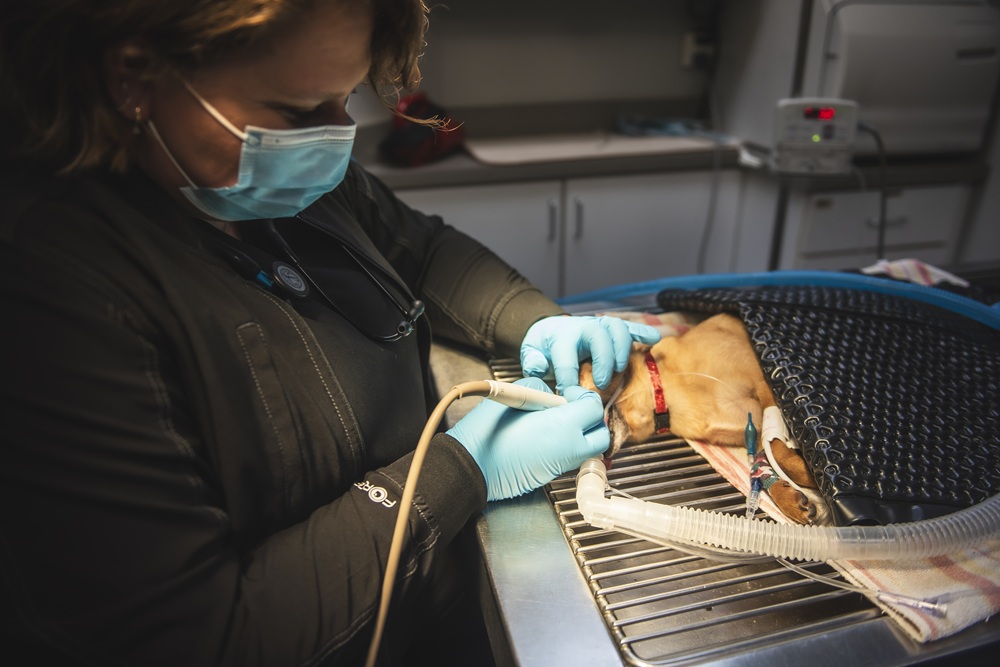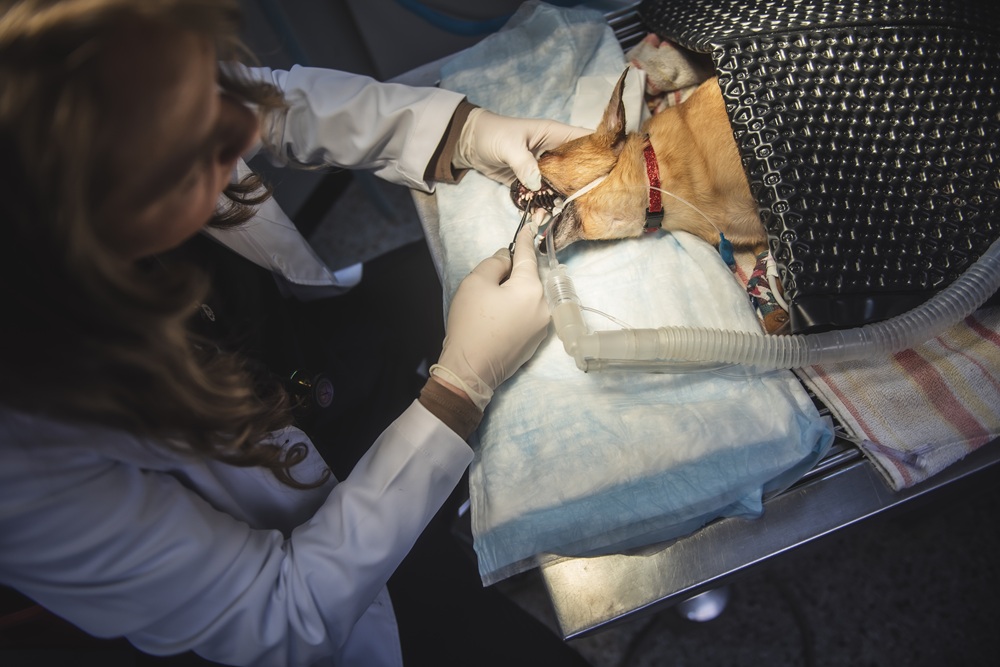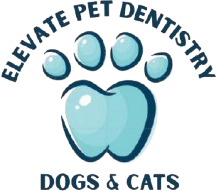At Elevate Pet Dentistry, we recognize that your pet’s dental health is essential to their overall well-being. Just like in humans, the natural development of teeth in cats and dogs doesn’t always go as planned. Retained deciduous teeth—a common issue—can impact your pet’s oral health. Fortunately, with proper care and early intervention, this condition can be effectively treated.
Retained Deciduous Teeth


What Are Retained Deciduous Teeth?
Just like human kids, puppies and kittens lose their baby teeth as their adult teeth come in. Normally, this is a smooth process, but sometimes, a baby tooth doesn’t fall out when it should. This is what we call a retained deciduous tooth. It’s particularly common in smaller breeds but can show up in any furry friend.
Causes of Retained Deciduous Teeth
- Genetic Predisposition
- Improper Dental Development
- Trauma or Injury
- Nutritional Factors
Symptoms of Retained Deciduous Teeth
Recognizing symptoms early can help prevent complications. Here are some signs to watch for:
- Persistent Baby Teeth
- The most obvious sign is seeing small, often pointy baby teeth remaining next to the larger, permanent teeth. Typically, deciduous teeth should be gone by the time your pet is about six months old.
- Bad Breath (Halitosis)
- An unusually foul odor from the mouth can be a sign of decaying food and bacteria trapped between crowded teeth, a common issue when deciduous and permanent teeth are crammed together.
- Gum Irritation and Inflammation
- Look for red, swollen, or bleeding gums around the retained teeth, which indicate irritation and possible infection.
- Discomfort or Pain
- Pets might paw at their mouth, shy away from being touched around the face, or appear reluctant to eat, especially hard food, due to pain or discomfort in their mouth.
- Difficulty Eating
- You may notice your pet dropping food, chewing on one side, or showing a sudden preference for softer foods.
- Altered Jaw Development
- In severe cases, retained baby teeth can cause a misalignment of the jaw, affecting how the upper and lower teeth fit together.
Why Worry About Retained Baby Teeth?
When baby teeth don’t fall out as the adult teeth erupt, it can cause several problems:
- Tooth Crowding
- Multiple teeth occupying one spot can lead to crowding, making it difficult for your pet to chew properly.
- Misalignment
- This condition can cause the permanent teeth to grow in crooked, possibly leading to difficulty eating and oral pain.
- Increased Tartar Buildup and Gingivitis
- Crowded and misaligned teeth can collect food and debris, leading to tartar buildup and, eventually, gingivitis.
- Risk of Periodontal Disease
- If not addressed, these issues can progress to more severe periodontal diseases, affecting your pet’s overall health.
How Elevate Pet Dentistry Can Help
Here at Elevate Pet Dentistry, we have the tools and expertise to address these pesky baby teeth. Our approach includes:
- Thorough Dental Exams – We begin with a comprehensive oral exam, often including dental X-rays to assess tooth alignment and root development.
- Professional Tooth Extractions – If retained baby teeth are identified, our skilled veterinarians can safely remove them, allowing adult teeth to emerge properly.
- Dental Cleaning – We perform a professional dental cleaning to remove plaque and tartar, ensuring your pet’s adult teeth have a clean, healthy start.
- Ongoing Care and Advice – We’ll provide you with home care guidance, including brushing techniques, dental-friendly treats, and long-term dental health tips.
